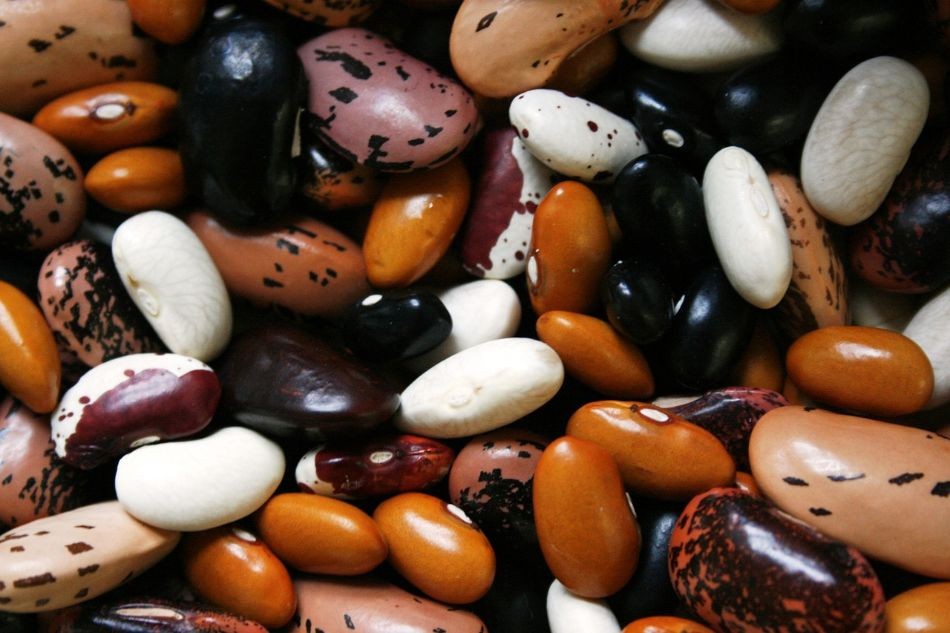Blog
The Importance of Fiber
- April 12, 2017
- Elijah Hawken

Fiber: it’s something many of us don’t think about, but we do our health a disservice if we are not paying attention to this important aspect of our food.
The recommended intake of fiber for adult women is 25 grams per day, for adult men it’s 35 grams per day. Most Americans are only getting a small percentage of this amount in their daily diet.
Fiber is especially important in the health of the colon itself, potentially helping to prevent the formation of diverticuli (easily infected pockets in the colon). It can also help to prevent constipation, and assist in appetite control.
To increase your fiber intake, please do not turn to a fiber supplement, unless you have no other option. Why? Most fiber supplements provide 4 grams of fiber - the same amount of fiber in one apple! If you simply add some high fiber foods to your diet, you also get the benefit of all the vitamins and minerals in the food, not simply a fiber supplement (often made of wood).
Committing to tracking your food intake can provide powerful insight into your diet. Tracking for a week (or longer) is great; even recording what you eat for as little as one weekday and one weekend day can give you useful information, and the advent of apps makes this extremely easy. My favorite food-tracking app is called My Fitness Pal. Since everyone who uses it can add information, it has a huge searchable database. This is both good and bad - it means you must exercise a bit of judgement in what you read, as some people are adding information without having researched it. For instance if you see a pint of ice cream listed as having 25 calories and 30 grams of fiber, it’s probably someone’s wishful thinking. But with some critical review, the app can give you a great deal of useful information.
I like to recommend that people use a food tracking system, even for a short time. I’ve found that many people simply aren’t familiar with the fiber content of foods, and can easily educate themselves by checking what they eat in a food database. For instance, most people believe that salad contains a lot of fiber, yet one cup of shredded lettuce only contains 0.5 grams.
Always stick to whole foods: vegetables, fruit, whole grains, and legumes - don’t turn to boxed cereals, as, like fiber supplements, these are limited in the amount of vitamins and minerals they provide, and .often contain added sugars and other unhealthy ingredients.
Be sure to drink plenty of fresh, pure water as you increase your fiber intake. This will help to insure that everything moves easily through your digestive system.
Here are a few high fiber food suggestions:
Vegetables
Green Peas 1 cup: 8.8g fiber
Broccoli 1 cup: 5.1 g fiber
Fruit
Raspberries 1 cup: 8g
Pear (medium) with skin: 5.5g
Grains
Pearled Barley, 1 cup cooked: 6g
Brown Rice, 1 cup cooked: 3.5g
Legumes
Lentils 1 cup cooked: 15.6g
Black Beans, 1 cup cooked: 15g
I hope you enjoy learning about and eating more high fiber foods! Happy eating!
Search
Recent Posts
-
Office Protocol in the time of COVID-19 May 07, 2020
-
What IS a Healthy Diet, Anyway? November 27, 2023
Categories
Book An Appointment
Contact Info
6510 Abrams Road
Suite 401
Dallas, Texas 75231
- (972) 804-9113
- Email Us
- Driving Directions
From The Blog
-
Office Protocol in the time of COVID-19 May 07, 2020
-
What IS a Healthy Diet, Anyway? November 27, 2023






